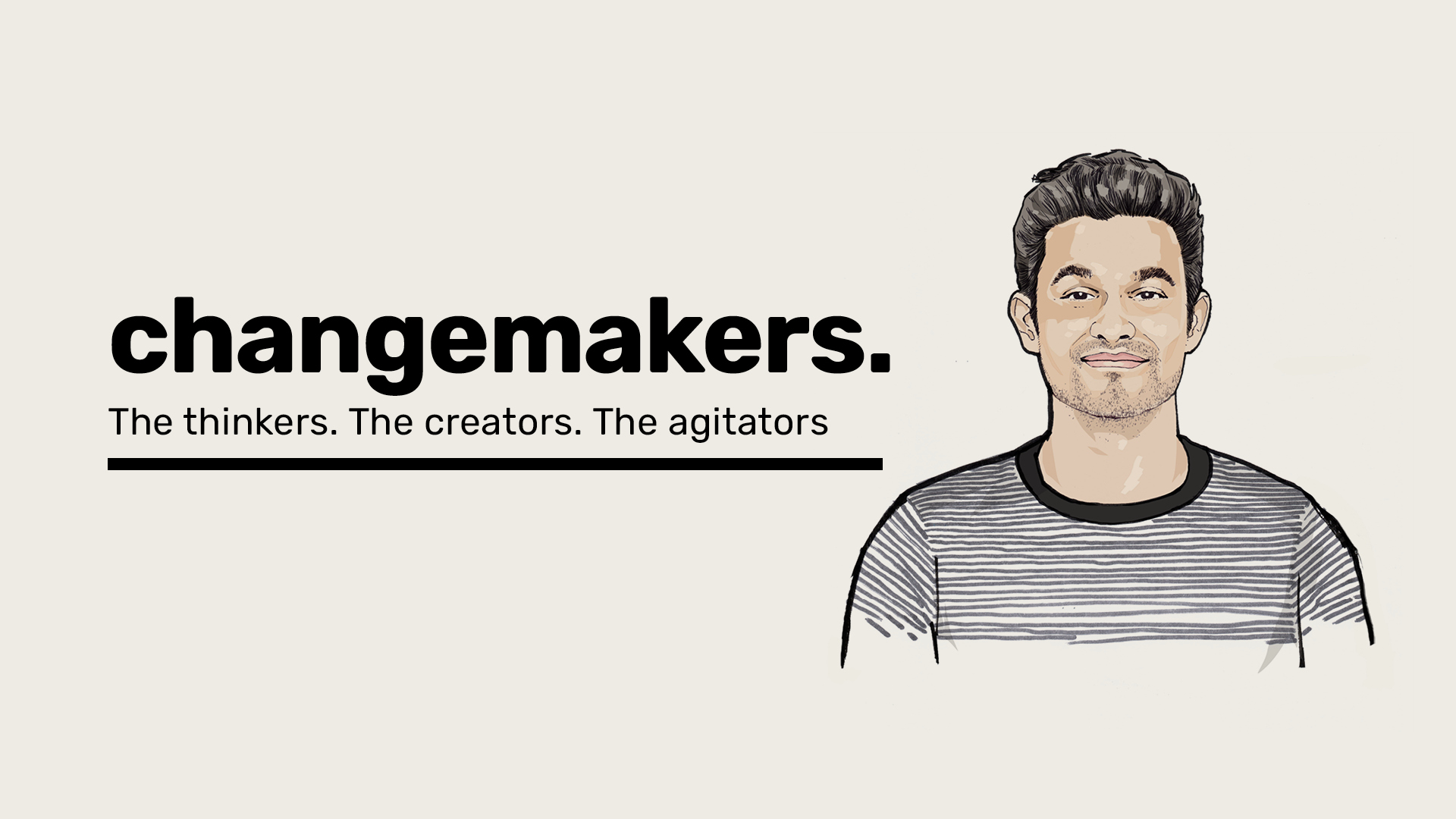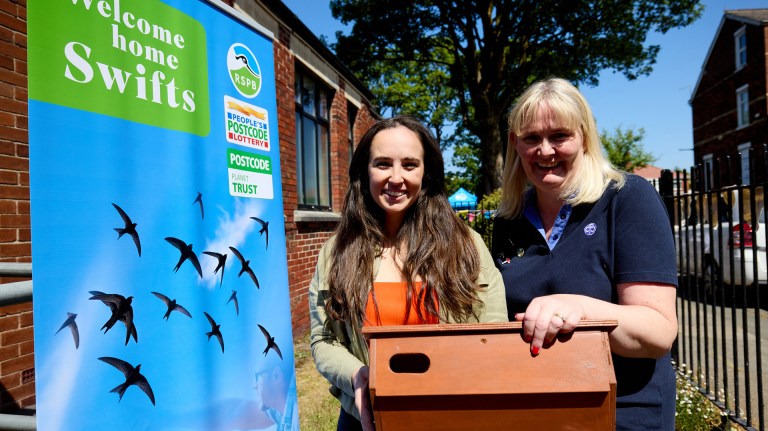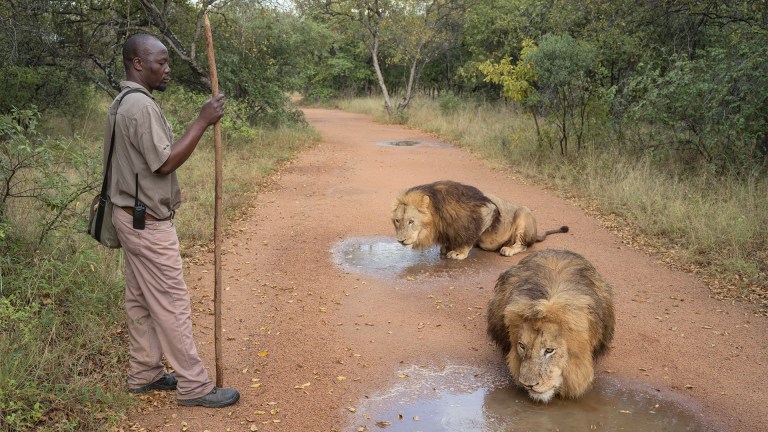Each week in The Big Issue we bring you a celebration of the thinkers, the creators, the agitators. We’re looking at somebody who has come up with an invention or an idea that is moving the dial. This week, we speak to Ryan Yasin, who started smart-fabric clothing start-up Petit Pli in his quest for sustainability.
Ryan Yasin was just trying to be a good uncle when he decided to make fashion work for our wallets and the planet. Horrified by the waste produced by children’s ever-changing wardrobes – as well as the huge financial undertaking to dress a kid who grows every week – smart-fabric clothing start-up Petit Pli began as a quest for sustainability and became a revolutionary design house.
While studying a Master’s in aeronautical engineering, Yasin sent a gift of baby clothes to his sister and her newborn son. By the time the package reached the family, his nephew had already outgrown the clothes, and they were thrown away. The 25-year-old wondered why kids’ wear seemed designed for little adults rather than dynamic, constantly growing children’s bodies.
He ultimately found an answer where the worlds of art and earth-orbiting satellites collided. Having specialised in both – Yasin previously worked on nano-satellite technology before shifting to study global design innovation – he drew on his wide-ranging influences for an idea that might not only be kinder to the planet but save parents thousands of pounds.
His failed gift was the turning point that led to the 2017 launch of Petit Pli, a range of expanding origami-like garments which fit children from an average age of three months to two years. But it wasn’t the first time Yasin had thought about the role of clothes – a stint in Japan had opened his eyes to what fashion could mean in social and engineering contexts.
Yasin is careful about his terminology, though. “I don’t like saying fashion – it implies something trend-based,” he says. “Or something that’s going to change periodically.” So he prefers to say “clothing” or “garments”.










